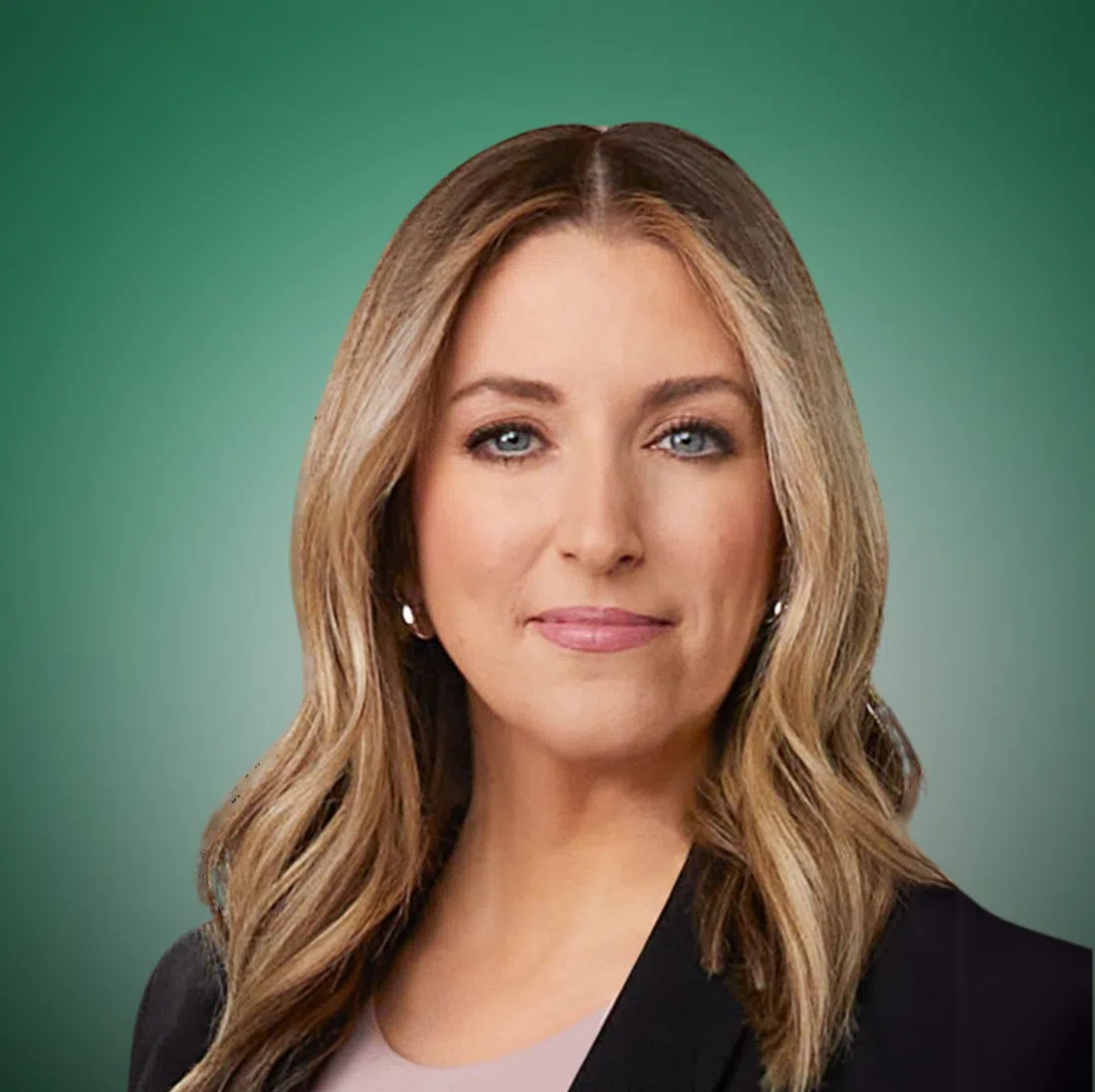EDMONTON — Alberta Premier Danielle Smith is calling on the federal government to invoke the Charter’s notwithstanding clause to overturn a new Supreme Court ruling on child pornography.
The top court ruled Friday that one-year mandatory minimum sentences for accessing or possessing child pornography are unconstitutional.
Smith, on social media, said the decision was “outrageous” and called on Prime Minister Mark Carney’s government to immediately invoke the notwithstanding clause to overrule it.
“The possession of child pornography is a heinous crime, and even a one-year minimum sentence is already far too lenient,” she wrote.
The rarely used clause gives governments the authority to override constitutional rights for up to five years on the grounds of balancing the roles of legislators and the courts. The clause can be renewed after that five-year term.
In its decision, the 5-4 Supreme Court majority wrote the mandatory minimum sentence itself isn’t necessarily unconstitutional, but because the crime covers a wide range of circumstances, it leaves no choice but to impose a “grossly disproportionate” sentence on offenders whose actions aren’t as serious as others.
“Indeed, this crime captures both the well-organized offender who, over the years, has accumulated thousands of files, and the offender who, one day, keeps a file that was sent to the offender without them requesting it,” wrote Justice Mary Moreau.
She said Parliament could limit the scope of mandatory minimum sentences to certain conduct or allow judges to exempt outliers for whom the sentence would amount to cruel and unusual punishment.
Ontario Premier Doug Ford also called on Ottawa to overrule the decision with the notwithstanding clause, saying on social media that “disgusting scumbags who prey on children belong behind bars for the rest of their miserable lives.”
A spokesperson for federal Justice Minister Sean Fraser didn’t address the premiers’ calls, saying in a statement instead that the government was reviewing the decision’s implications.
“Crimes that exploit or abuse children are among the most serious and reprehensible in our society,” the statement reads.
“Plain and simple: child abusers should face the toughest penalties Canadian law allows.”
Smith invoked the notwithstanding clause this week to shut down a provincewide teachers strike, saying the sheer size of the walkout and the emotional and educational harm to students justified the decision.
Groups including Amnesty International and the Canadian Civil Liberties Association have criticized her decision as parliamentary overreach.
Smith gained the support of her neighbouring counterpart Friday, as Saskatchewan Premier Scott Moe told reporters that although it’s regrettable Smith had to bring in the clause, she did what was needed.
“I think everybody can agree we need to do what we can to ensure that (students) are in class,” Moe told reporters in Regina.
Ford didn’t pass judgment on Smith’s decision to invoke the clause on teachers when asked by reporters about it earlier in the week.
“She’s running Alberta, I’m not,” he said Tuesday.
Memos obtained by The Canadian Press last month revealed Smith’s government has been planning to invoke the clause three more times in an effort to shield a trio of bills passed earlier this year that affect transgender people.
The government has not said when it will move forward with that plan.
Howard Sapers, executive director of the Canadian Civil Liberties Association, said Friday he was concerned governments are being more “cavalier” about the notwithstanding clause.
“It was supposed to be a safety valve,” Sapers said.
“What we have seen is really turning that on its head and rushing towards the notwithstanding clause as some kind of cure-all for legislation that frankly would violate the Constitution.”
Sapers also said he didn’t think those calling on Ottawa to invoke the clause over Friday’s court ruling had thought through what doing so would imply.
“To talk about the notwithstanding clause actually makes no sense,” he said.
He said using the clause in this case could mean stripping judges of making discretionary rulings and having the power to determine whether a sentence amounts to cruel and unusual punishment.
“That’s what the court was looking at. They certainly weren’t doing anything to excuse, dismiss, or enable sexual exploitation of children.”
This report by The Canadian Press was first published Oct. 31, 2025.
Jack Farrell, The Canadian Press











